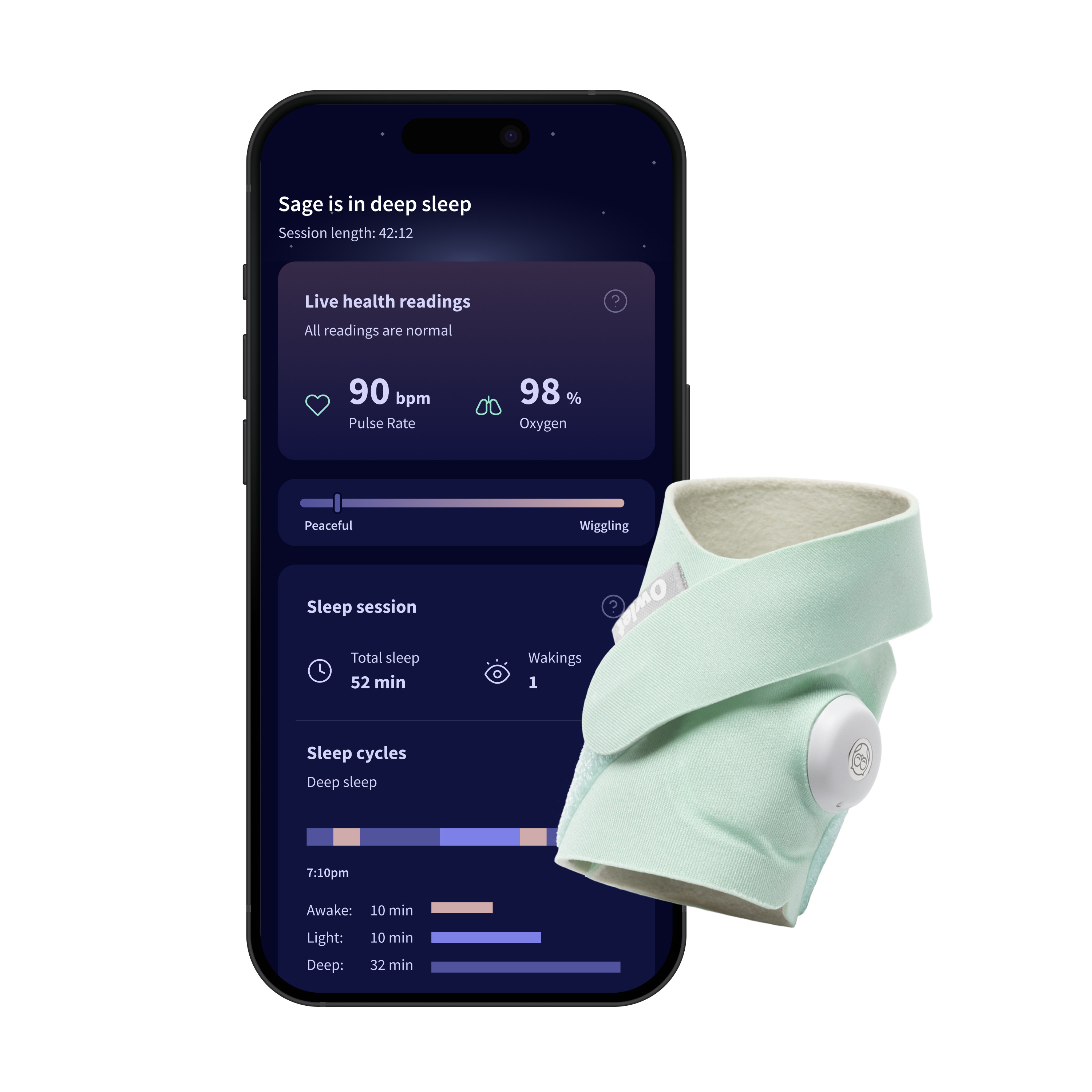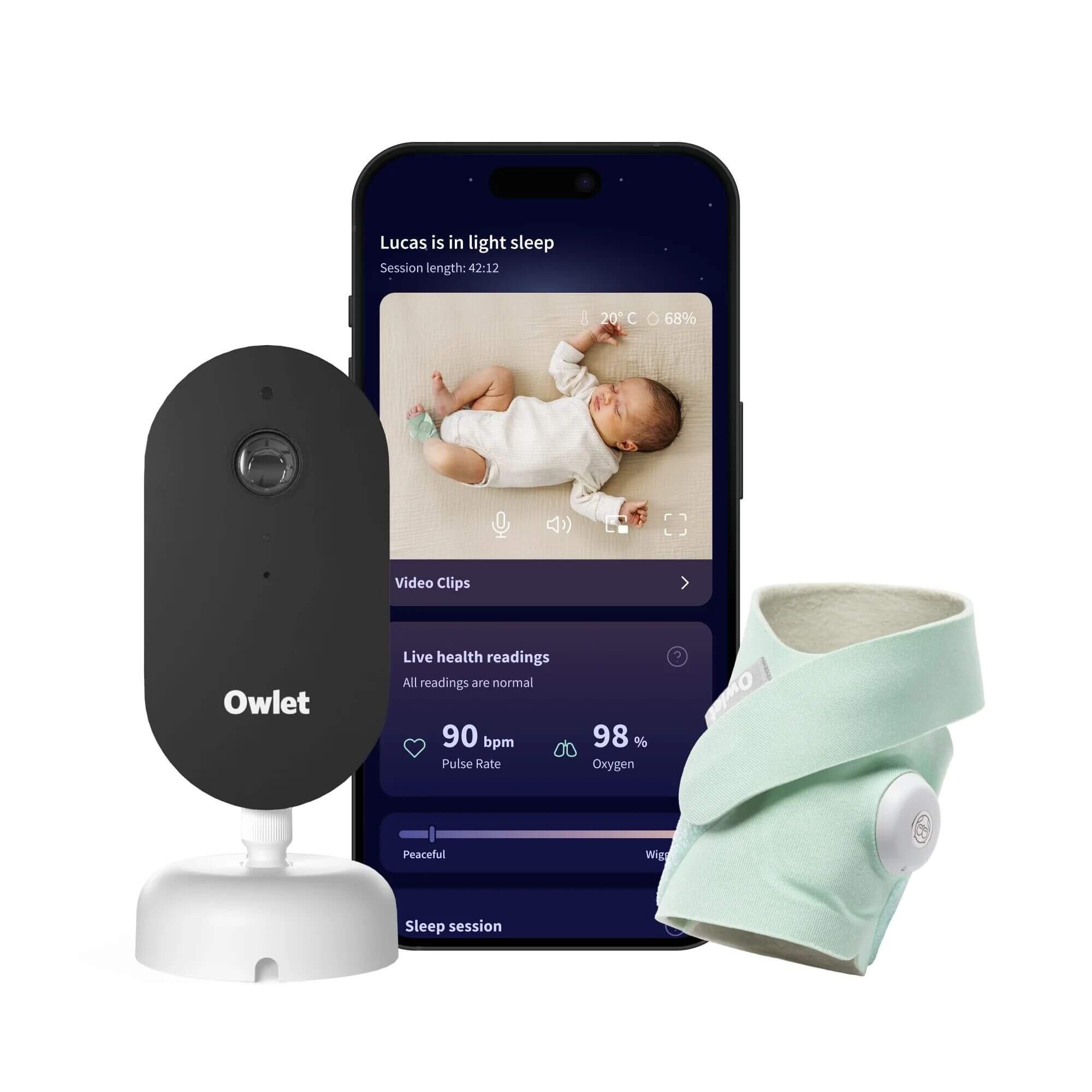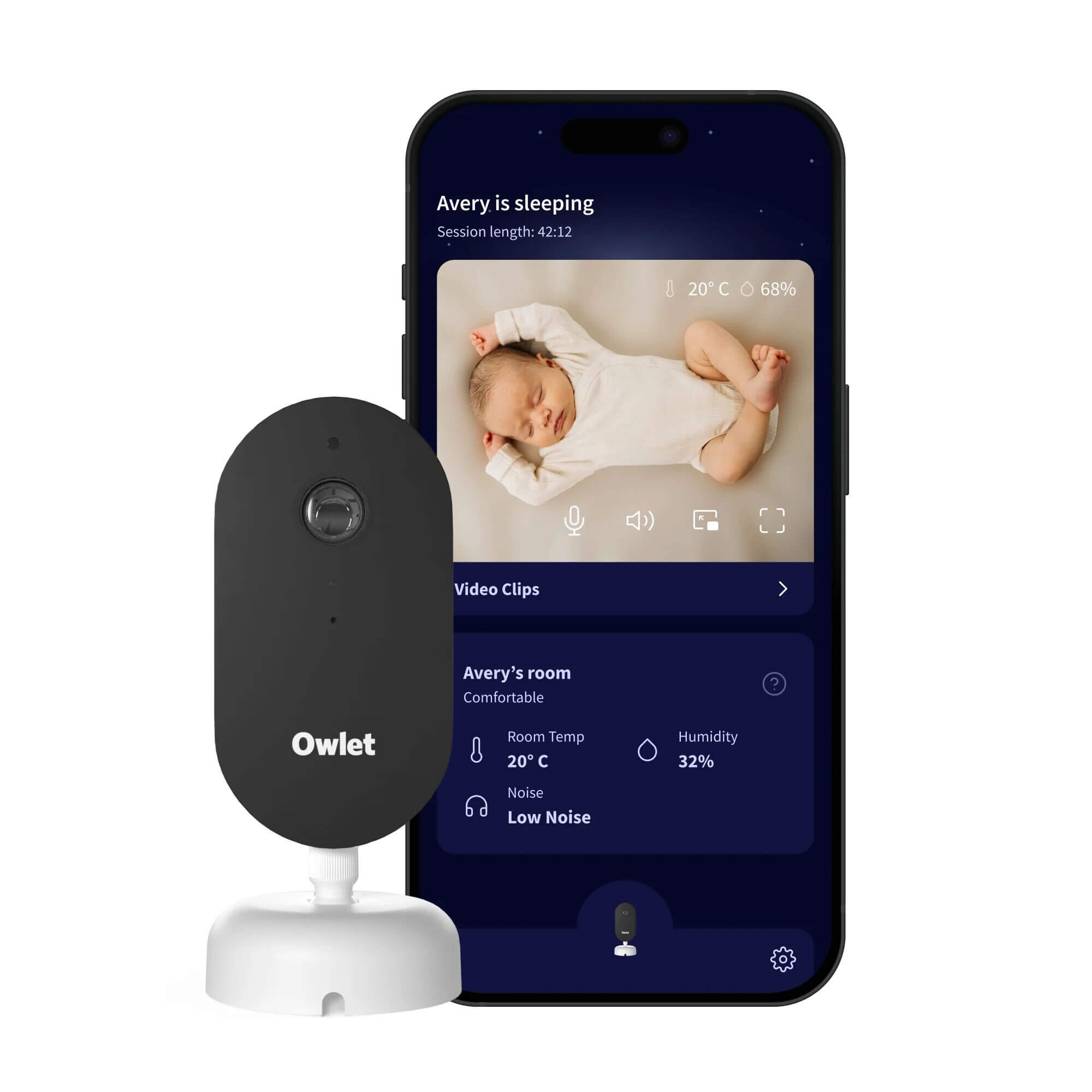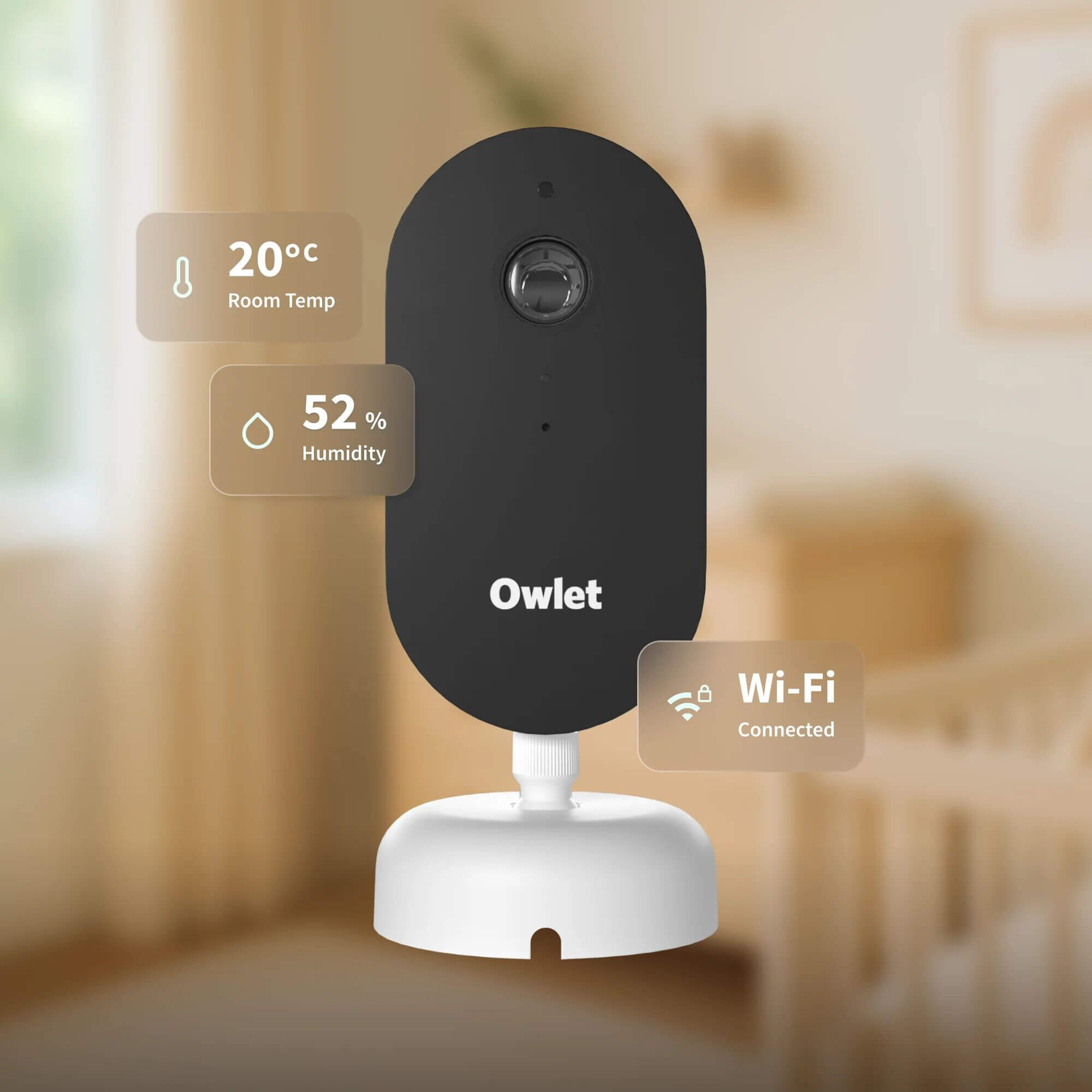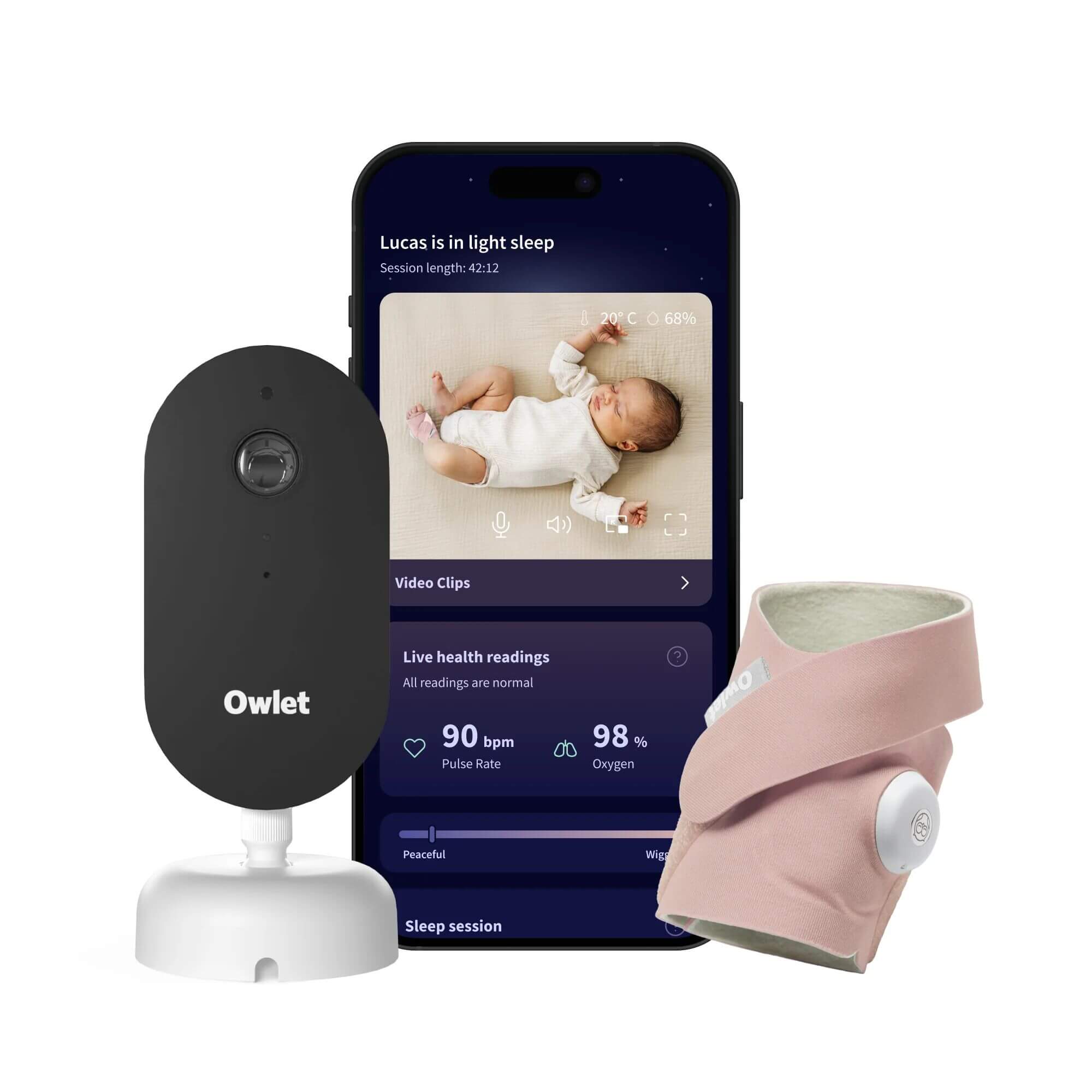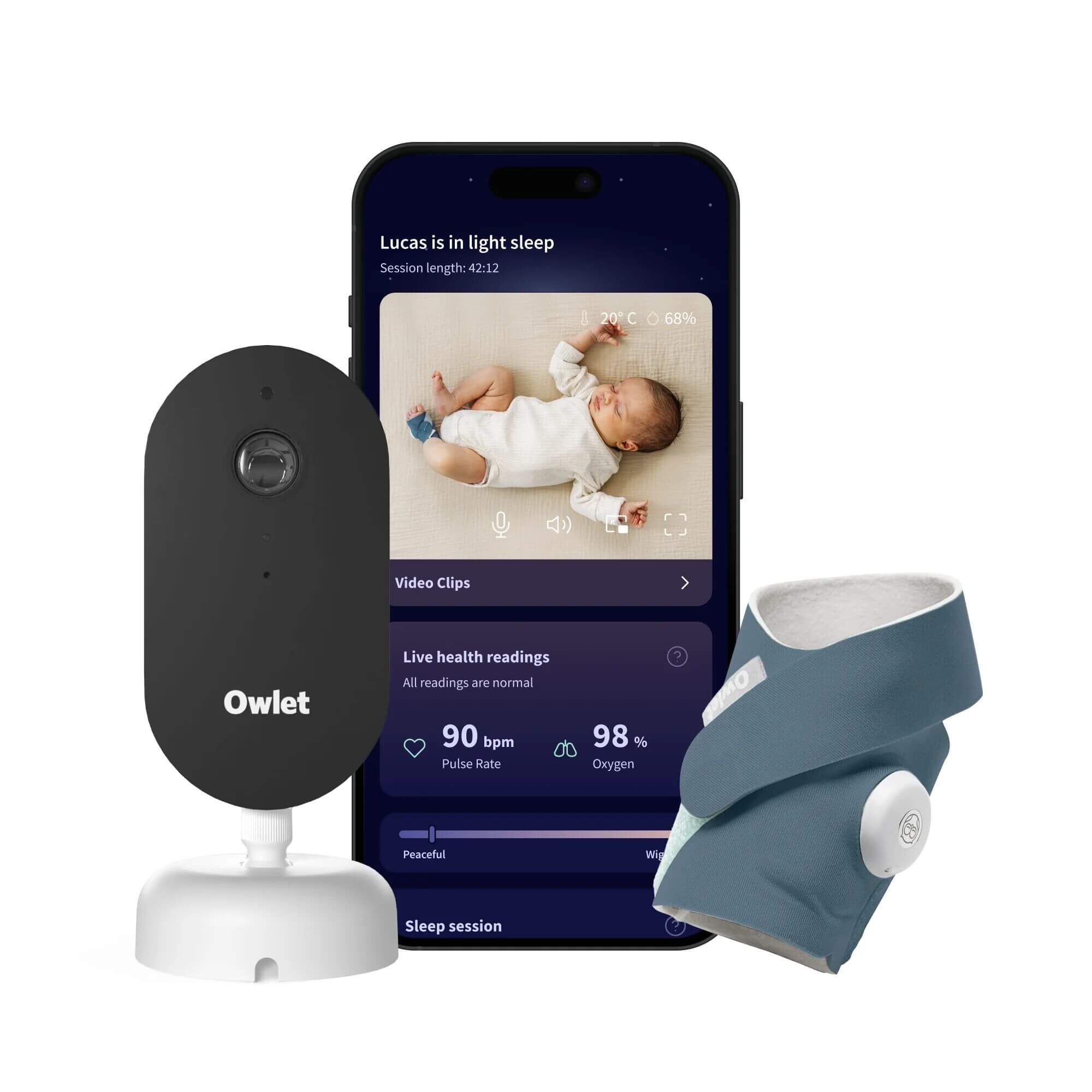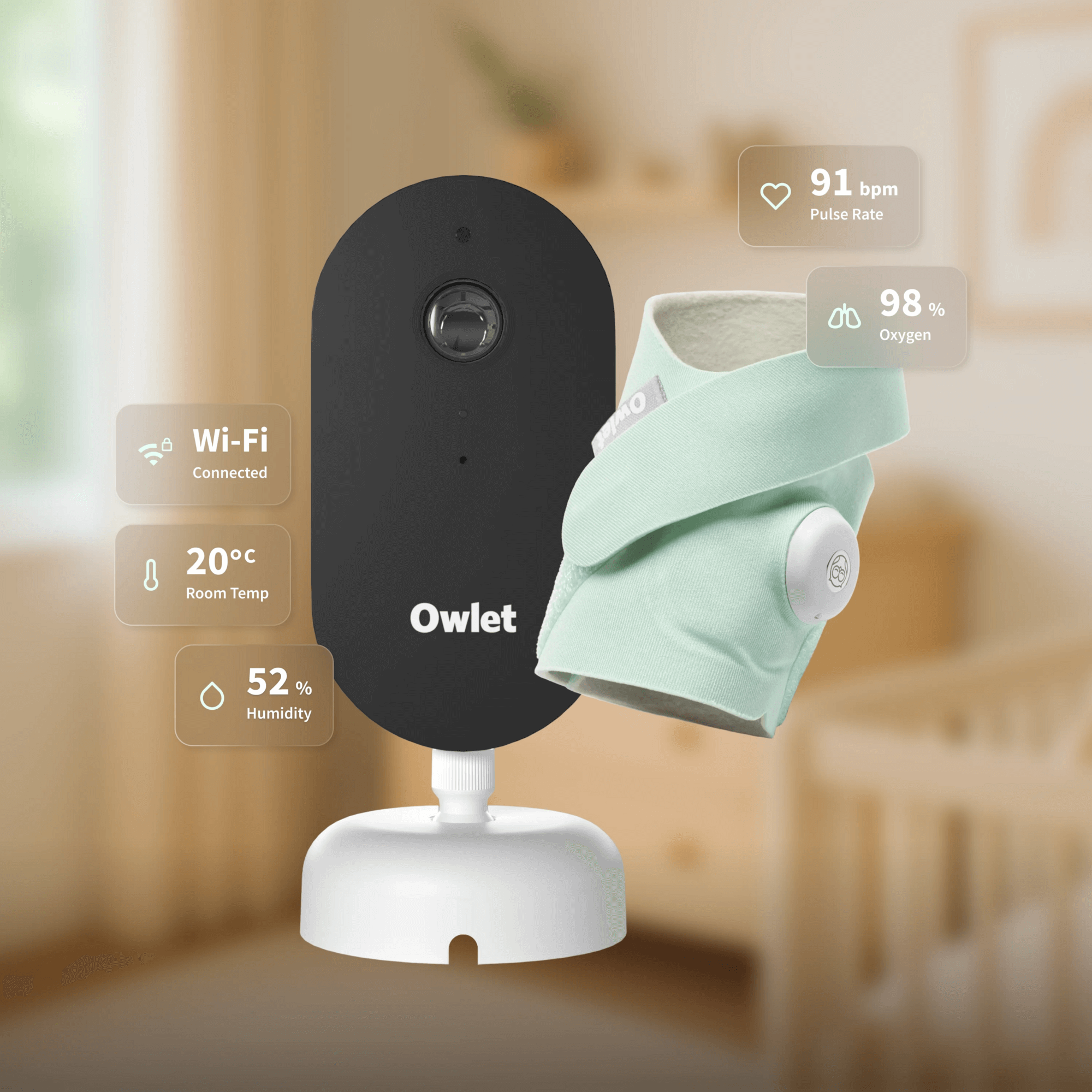Tips for Feeding Your Newborn Baby

The content provided on this blog is intended for informational and educational purposes only. It is not a substitute for professional medical advice, diagnosis, or treatment. Always seek the advice of a qualified healthcare provider with any questions you may have and to learn more about you or your child's specific needs.
If you’re looking for newborn feeding tips or are in the midst of breastfeeding struggles, you’re not alone. There's no doubt that breastfeeding is a miraculous process – it's how we feed our babies and help them grow and thrive. But for many new mothers, breastfeeding can be daunting, frustrating, and downright confusing. If you're a first-time mum, or even if you've breastfed before, here are some nursing tips for newborns that are sure to make the process easier and more enjoyable for both you and your baby.
10 Breastfeeding Newborn Tips
- Ask for skin-to-skin time and try to breastfeed your baby soon after birth. Your milk won’t come in for a few days after you give birth, but you should try to breastfeed as soon as you can. Your body produces colostrum initially, which is the precursor to breast milk and is rich with all of the essentials newborns need, like proteins, vitamins, minerals and antibodies. When you go into labour, let your nurse know that you would like skin-to-skin time as soon as you can and make every attempt to breastfeed shortly after delivery.
- Use a pump to help stimulate milk production. As mentioned above, your milk won’t come in for a few days following birth. You can use a breast pump to help stimulate production. Hospitals have pumps available that you can use during your stay. A pump will also come in handy later to relieve engorgement or to make a bottle if you leave the baby with another caregiver.
- Take advantage of lactation specialists. Some hospitals have lactation specialists on staff available for consultations to help you with breastfeeding. Ask your nurse to let them visit with you as soon as they can. You can speak to them about latching or bring up any other concerns or issues you are having. Even if you feel like all is going well, let them see how the baby is nursing to see if they have any suggestions. This service is usually included in the cost of your hospital stay and is a wonderful benefit! Additional resources and support are available from groups like the La Leche League. Check to see if there is a local group near you.
- Drink a lot of water. As a breastfeeding mum, it’s critical that you stay hydrated. You should be drinking a full glass of water every time you nurse and aim to drink more water throughout the day. And be sure to keep a bottle of water nearby while you nurse. Most hospitals let you take home your water bottle with you, which holds around 900 millilitres of water, so you can use it as your nursing drink.
- Use a nursing pillow. A nursing pillow is helpful to have while breastfeeding. Placing a pillow under your arm can help to support your baby and relieve some of the strain on your back and neck.
- Keep a log of when you nurse. This will help you track your baby’s eating – such as how long they ate (minutes). It can also be helpful in tracking which side your baby ate from last so you can alternate sides. Some popular smartphone apps for this include: MyMedela Baby Tracker, Baby Daybook, Baby Feed Timer, or Baby Tracker. Or, an even easier trick to use is a safety pin—simply attach it to the nursing bra on the side on which you last nursed!
- Eat well. When you breastfeed, you are the sole source of nutrients for your baby. Eat foods rich in iron, protein and calcium. And, because nursing burns so many calories, be sure you are eating an additional 300-500 calories per day to supplement.
- Use nursing aids. Nipple cream and nipple shields exist for a reason. If you experience pain from nursing, such as cracked or sore nipples, you may want to look into these products to alleviate the discomfort. Lanolin ointment is a topical cream designed to treat dry, cracked and irritated skin. You can find these products at a pharmacy or your local big shop.
- Consider taking prenatal vitamins. Remember those prenatal vitamins you took during pregnancy? Consider taking them while you breastfeed to ensure you and your baby continue to get the necessary vitamins, minerals, and nutrition, but always consult your doctor first.
- Have patience. It may take a few tries before your baby gets the hang of latching on correctly. Be patient and keep trying! And if you’re still struggling with breastfeeding, don’t be afraid to seek out help and support. There are many resources available, including lactation consultants, online forums, and local support groups. Remember, you’re not alone – many mothers have faced the same challenges as you.
Bottle Feeding
Some mums prefer to exclusively pump and bottle-feed their baby breast milk. Others may supplement formula with breast milk, while some mothers go the formula route. If bottle feeding is the best for you and your baby, then bottle feed! Don’t let others and their opinions or what they perceive as helpful advice guilt you or make you feel bad. Consult your paediatrician with any and all questions and for guidance with bottle feeding.
Whatever your choice for feeding your baby, here are tips to make the bottle-feeding process easier:
- Choose the right bottle. There are so many different types of bottles available to choose from, and every baby has a different preference. For example, some bottles are designed to mimic a mother’s breast. Try buying several different types of bottles before you commit to one particular brand or style. This will save you money in the long run by not buying an entire set of bottles to only find out your baby doesn’t like them.
- Get the necessary supplies. Be prepared with these bottle accessories and supplies, which you can find at any big shop: bottle warmer (the brand of bottles you choose to purchase usually has a matching warmer), bottle steriliser, countertop drying rack and dishwasher basket, and bottle brushes.
There are so many new things to learn with a baby. But with time, all of these things - including breastfeeding - get easier. Take advantage of your available resources, such as a lactation specialist or your paediatrician, and be sure to be vocal about any questions or concerns you may have. Most of all, enjoy that special bonding time with your baby.
